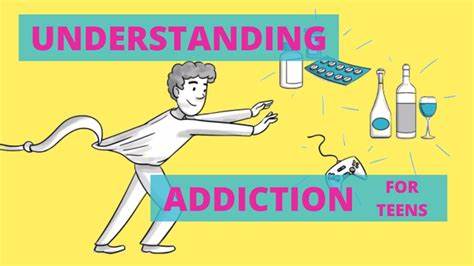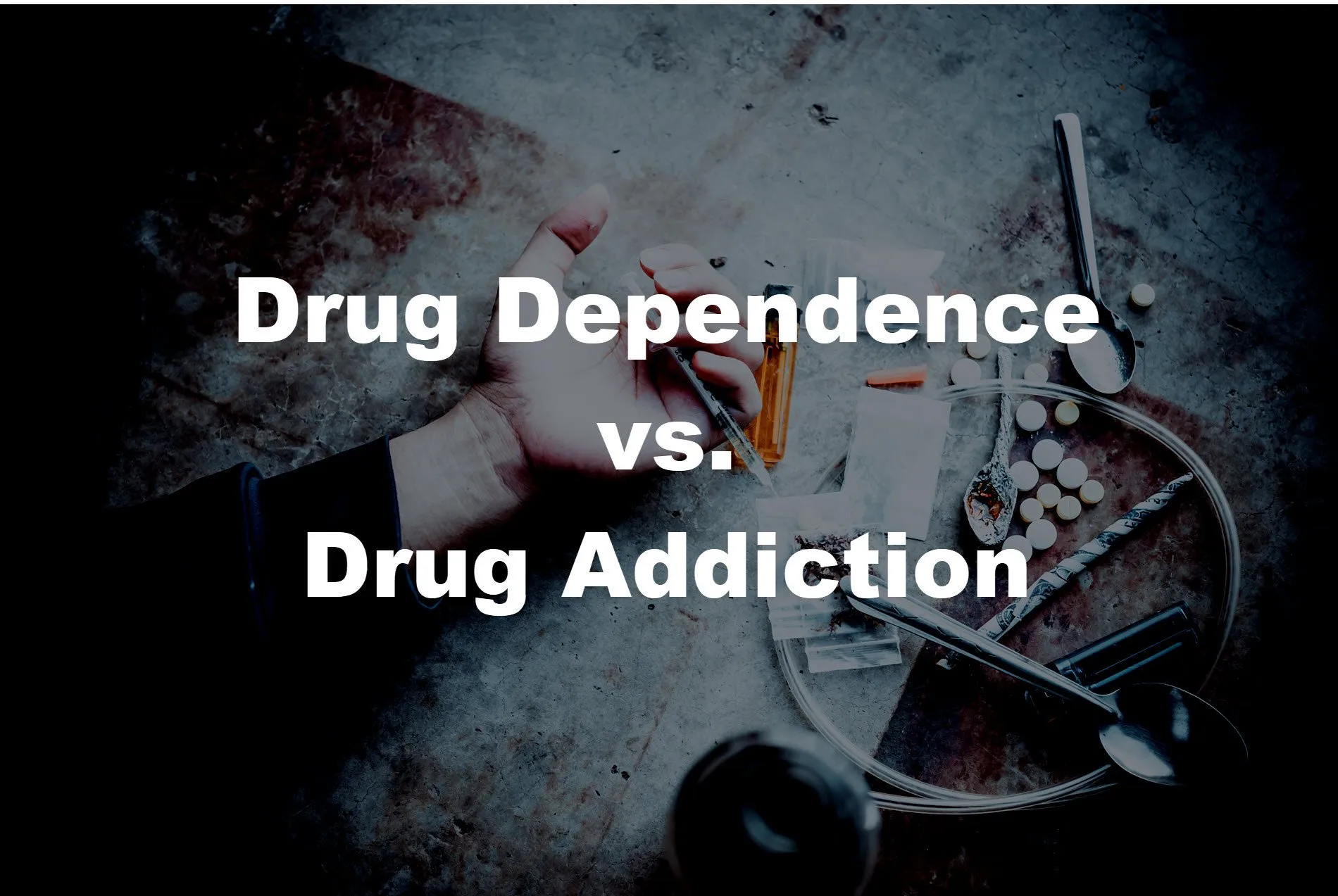Addiction Denial
People with addiction remain in denial, often unaware of the severity of their condition due to both psychological defenses and brain changes that affect judgment and self-awareness. This denial can lead to blaming others and resisting help. Breaking through it requires self-management, supportive family involvement, and access to community resources like support groups and outreach … Read more






